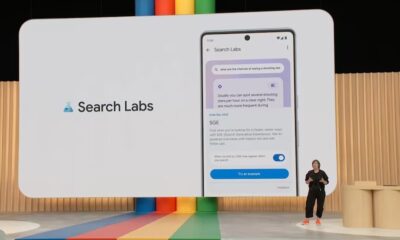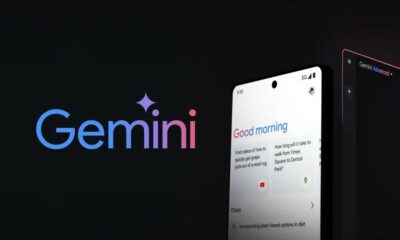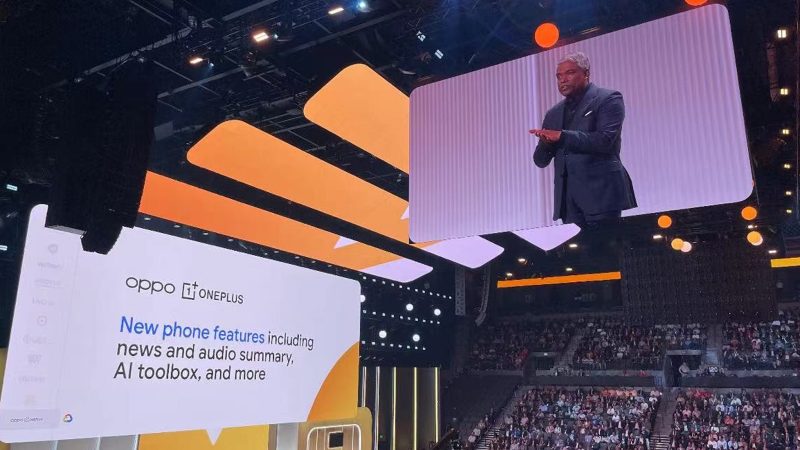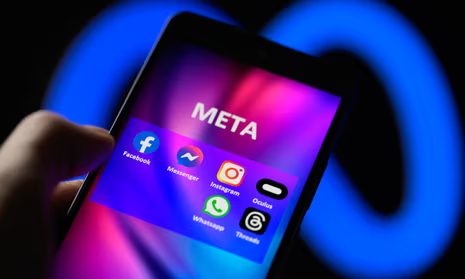Technology
Elena Cornaro Piscopia: Google Doodle celebrates 373rd Birthday of 1st woman PhD holder and Italian Philosopher

Technology
Biden, Kishida Secure Support from Amazon and Nvidia for $50 Million Joint AI Research Program
Technology
OnePlus and OPPO Collaborate with Google to Introduce Gemini Models for Enhanced Smartphone AI
Technology
Meta Explores AI-Enabled Search Bar on Instagram
-

 Technology2 weeks ago
Technology2 weeks agoApple’s MacOS 15 Announcement may Include AI Features for Compatible Macs
-

 Business3 weeks ago
Business3 weeks agoG7 CR Technologies Launches AI Apps Program for Streamlined AI Integration
-

 Technology2 weeks ago
Technology2 weeks agoAI Data Center Designs Developed in Partnership with NVIDIA by Schneider Electric
-

 Technology3 weeks ago
Technology3 weeks agoZoom Workplace: Using AI to Revolutionize Collaboration
-

 Technology3 weeks ago
Technology3 weeks agoAdobe Integrates GenAI-Powered Workflow Planning into Content Supply Chain
-

 Business3 weeks ago
Business3 weeks agoDelta Unveils NVIDIA Omniverse Digital Twin and Efficient AI Server Solutions at GTC
-

 Technology3 weeks ago
Technology3 weeks agoIntel Unveils New Initiative for AI Hardware and Software Providers
-

 Technology3 weeks ago
Technology3 weeks agoNubia Z60 Ultra Photographer Edition Brings Enhanced AI Features















